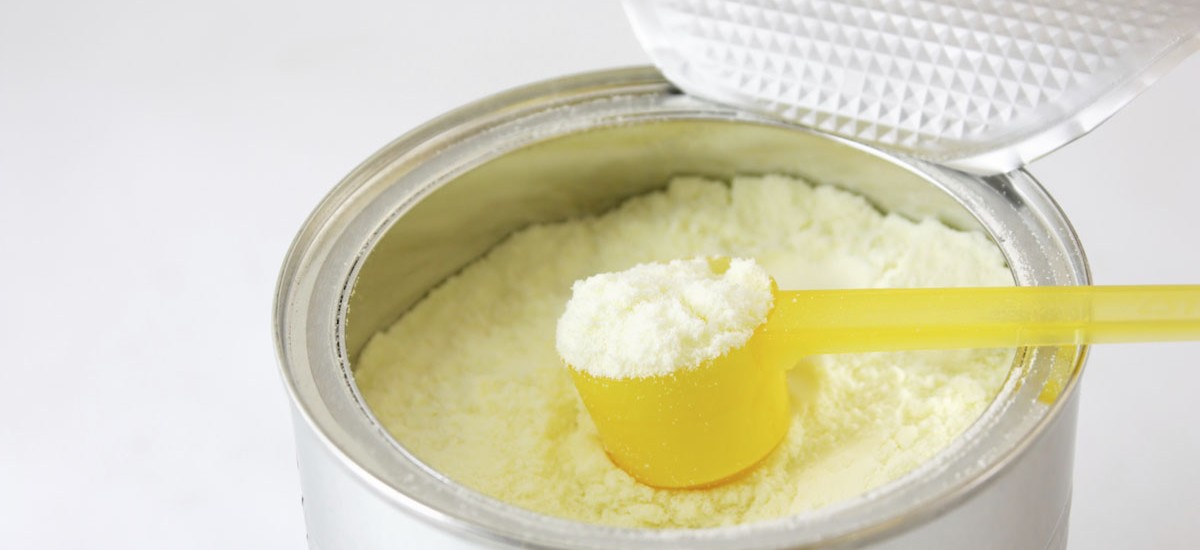Featured image courtesy 3News
Is this is a legitimate problem or it is a problem created by the nationalists who want to get a competitor out of the way? I am confident it is the latter – let me tell you why.
First, let me put some thoughts forward, if we are interested in our kids health.
- Heavy metals, Phthalates and Azo dyes in children’s’ products are banned and very low amount of maximum residue limits are allowed in test reports when these are exported to the US and the EU. But, if we pick up some samples of plastic toys and test them in an accredited laboratory – all these toxic chemicals are present abundantly in them.
- We export fish to the EU, Japan and other countries. These countries very rightly have regulations on Mercury and Cadmium in fish. The fish exported are tested and only that pass this standard is exported. Others that fail are given for local consumption!
There are many more examples of this nature, if we care to look. This is because we have no standards or regulations for such highly toxic, carcinogenic residues. Sri Lanka Standards, which falls under the Ministry of Science and Technology, is the authority to come up with standards to regulate them in the local market. But, there are no standards. That’s how much we care for our people and our kids.
Coming back to DCD, there are many questions:
- The Industrial Technology Institute (ITI) report’s conclusion doesn’t say in which batch or which brand the DCD was found – just that the local brands are free and foreign brands are contaminated. No specificity and no traceability given, something a scientific report will always mention in its final finding.
- The conclusion also says that the accuracy of the method (ITI used) cannot be determined. Based on this conclusion, ITI goes to the media and confuse the people.
- ITI has found DCD in Maliban products, which imported from Australia and they have not used DCD for 100 years!
- ITI doesn’t have LCMSMS, the required technology for the accepted method. And they have no accreditation for this test method, a must when a laboratory testing is challenged in courts.
- ITI hasn’t given a reference sample to retest in another laboratory, a practice any good laboratory must have to display the accuracy of its testing capability.
- ITI has not participated in an inter laboratory testing for this analysis, nor used certified reference material, a necessary requirement to validate its results.
Sri Lanka Accreditation Board which has given accreditation to ITI for other tests must evaluate their credibility as a scientific institution on continuing their accreditation when ITI misleads public, decision makers and international market in such a way.
Fonterra is suspending their operations in Sri Lanka due to unstable condition and the message will go out to anyone who has an inkling of interest in considering business in this land of great opportunities.
Great strategy to have those FDIs flowing in!

